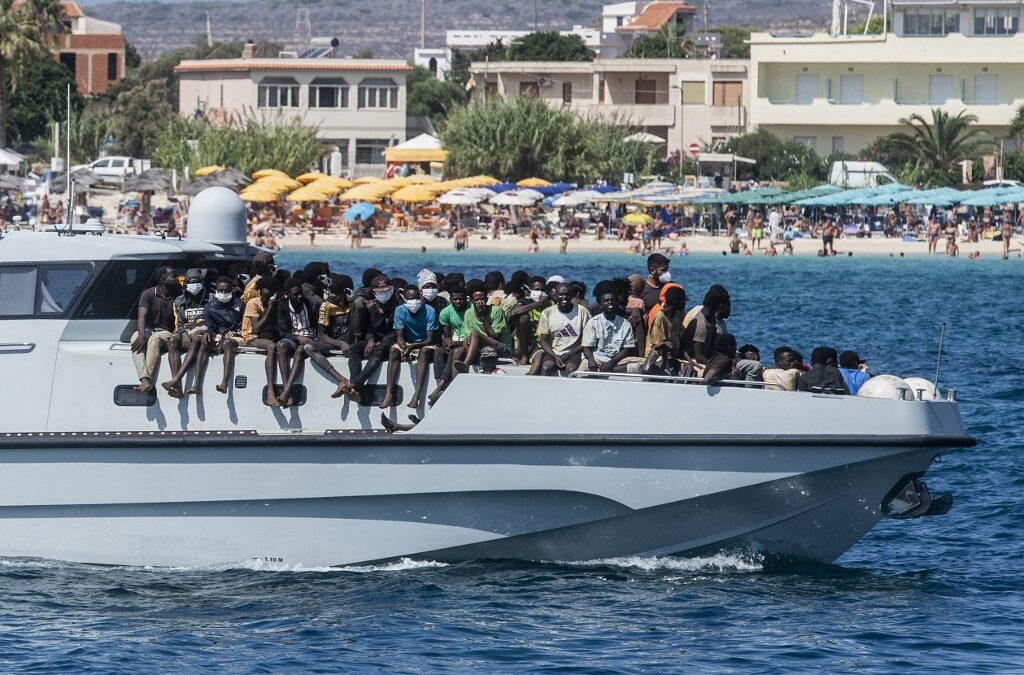Brussels – Austria and the Netherlands are calling on the European Commission to renew the nearly 20-year-old EU Return Directive to simplify the process of sending migrants back. The two initiators and 15 other Schengen countries are demanding in a “Non-Paper” published by the Dutch government that “returns must be facilitated and accelerated through a new legal framework based on a new proposal.”
According to information from the Austrian Ministry of the Interior, the paper has already sparked discussions among the EU interior ministers ahead of their meeting on Thursday. “A fair and credible asylum system requires consistent deportations. Persons who are not allowed to stay must comply with their obligation to leave. Those who do not cooperate must face consequences,” stated Interior Minister Gerhard Karner (ÖVP), who will be in Luxembourg on Thursday, in a statement to APA.
The EU Return Directive, which has been in force since December 2008, sets “common standards and procedures in member states for the return of third-country nationals staying illegally.” The EU Commission already put forward a proposal for a revision in 2018. The new paper now sets goals for a new proposal: It calls for a “paradigm shift in the return process with obligations for the third-country national.” Persons without protection status should be required to prepare for their return, and return procedures should be simplified.
A new legal basis must “clearly define this.” “Anyone without a right to stay must be held accountable. Non-cooperation must have consequences and be sanctioned.” In addition, the newly formulated legal text should not offer much room for legal interpretation. “A new legal basis is needed in the form of a modern legal framework that responds to the actual challenges and developments and reflects the needs of the member states, Schengen countries, and the EU,” it says. The digitization and simplification of procedures should be accelerated.
The new EU Asylum and Migration Pact already includes numerous tightening of the previous rules. The goal is to curb irregular migration. The package envisages unified border procedures at the EU’s external borders. In particular, a much tougher approach is planned for people from countries considered relatively safe. Outgoing Finance Minister Magnus Brunner (ÖVP) will be mainly responsible for implementing this as the designated EU Commissioner for Migration.
The Netherlands wants to completely exit the EU asylum rules under its new government. After the election victory of the right-wing populist Freedom Party (PVV), it is governing together with three bourgeois parties, but PVV leader Geert Wilders refrained from taking a government position due to reservations from the other parties, so the non-party former intelligence chief Dick Schoof has taken over the position of Prime Minister. The Dutch solution is also being touted as a model for a possible FPÖ-ÖVP coalition because outgoing Chancellor Karl Nehammer (ÖVP) does not want to sit in government with election winner Herbert Kickl (FPÖ). (09.10.2024)
 go to the original language article
go to the original language article
